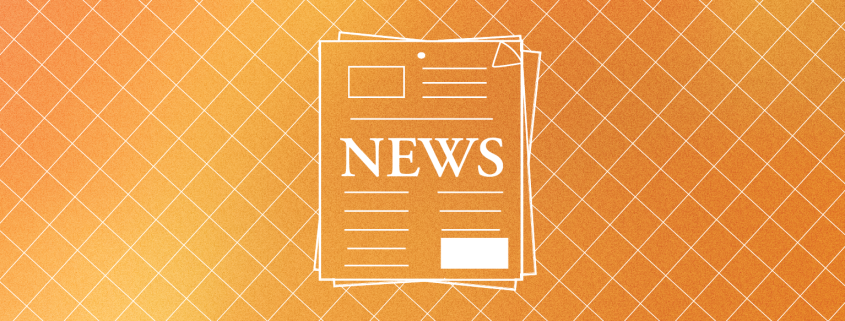Climate crisis takes toll on wellbeing, USC Student Health says
Content warning: This article contains discussions of suicide and mental health.
This past week, USC and Southern California at large witnessed a sequence of unprecedented, erratic climate events: A record-breaking heatwave was cut short by heavy rain and gusty winds, marking the side effects of Tropical Storm Kay’s landfall in Baja, California at hurricane strength. Such climate events are also public health events, said Chief Student Health Officer Dr. Sarah Van Orman in a briefing with the Daily Trojan Tuesday.
“As we see severe climate events, the impact on human health is going to be significant,” Van Orman said. “In the U.S., [there are] thousands of deaths every year from heat-related illness, and heat-related illness actually kill more people than cold-related illnesses … So there is a direct physical impact.”
Van Orman also said air pollution contributed to physical impacts. During the heatwave, the South Coast Air Quality Management District issued an ozone advisory effective Aug. 30 to Sept. 4, tweeting that “elevated smog levels [are] expected as high temperatures are predicted to persist through the week.”
Even more important, however, are the impacts on mental health.
“The climate catastrophe we find ourselves in really does impact people’s well-being,” Van Orman said, “both on an immediate basis — that feeling of being uncomfortable, unable to engage in normal activities — as well as just the trauma of … the climate event. Those larger issues we can’t solve, but we really want people to acknowledge and talk about them.”
Van Orman said Student Health has expanded its mental health services over the past week — including the launch of the “My Mental Health Assessment” project, a screening program for USC students hosted by the Department of Psychiatry and Behavioral Sciences. Other services currently provided through Student Health include the Crisis Text Line — “TROJAN” to 741741 — and the “Let’s Talk” program. Student Health provided a longer list of available services in a Sept. 6 community-wide email acknowledging World Suicide Prevention Day.
“In general, there are lots of things we can do to prevent [suicide],” Van Orman said. “That’s part of the conversation we want to have on our campus. Some of it is about having access to mental health services. A lot of it is also about [encouraging] everyone to feel that, if they see someone they know that’s struggling, and if they’re worried about a friend or colleague, we have some tools on our website on how to have a simple conversation with them … It makes a huge difference.”
Those who may not feel comfortable having a direct conversation can engage anonymously with the “Trojans Care for Trojans” program for help connecting to resource offices. Van Orman said she also encourages students to check if they have an embedded mental health counselor within their respective college.
During the briefing Tuesday, Van Orman also discussed the state of the coronavirus pandemic at USC, noting that cases are continuing to decline week after week: Between Sept. 5 and Sept. 11, 73 people tested positive at Student Health and 146 self-reported testing positive — totalling 219 reported positive cases. The week before, there were 449 total positive cases; the week before that, 561.
“We’re hopeful that that means that we’re entering a period where we’ll have less COVID infections,” Van Orman said. “It remains challenging, both within [Los Angeles County] and at the University, because so much of the testing is self-testing at this point. We really are relying on people to let us know when they test positive, so that then we can let other people know.”
Van Orman said the possibility of another coronavirus wave remains “difficult to predict,” but that the University will follow the L.A. County Department of Public Health’s guidance, should there be a drastic increase in hospitalizations and deaths.
“We know, predictably, we have surges after break periods,” Van Orman said. “Mid-term break [and] Thanksgiving break are going to be times that we’re going to watch very closely.”
In the meantime, Student Health continues to recommend that people stay home when they feel sick, and that people at high risk or experiencing symptoms wear masks.
Updated coronavirus boosters are available through USC Pharmacies, as of Tuesday, and at other retail pharmacies. Influenza vaccines are also available. Van Orman said that while vaccination against influenza is not required as it was last year, it remains important.
“The normal seasonality of the flu has really changed for the past couple of years,” Van Orman said. “We’re not sure what’s going to happen; we haven’t had the normal kind of immunity that builds as flu moves to the population. We are already seeing flu [infections], which is very, very early. And we also have a lot of people who just haven’t had the flu.”
Individuals with monkeypox are no longer required to isolate the full 21 to 28 days, but only for the first week wherein lesions and rashes persist and cannot be covered.

